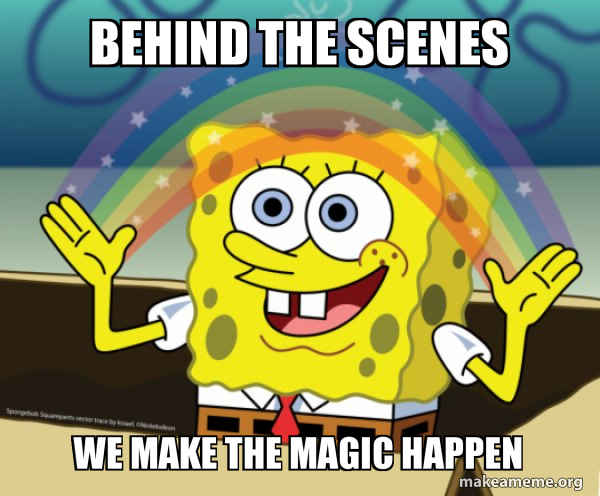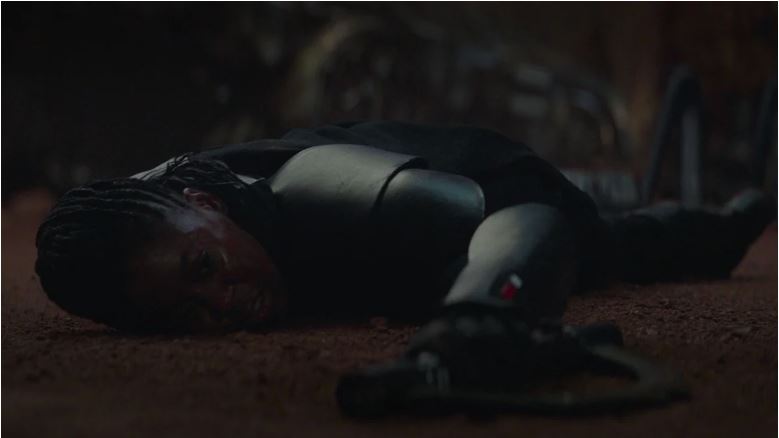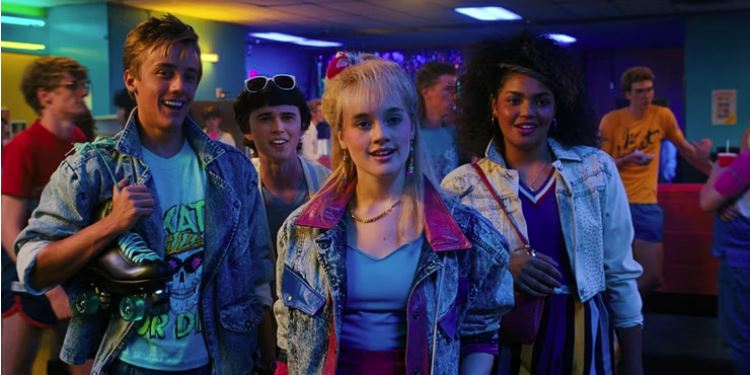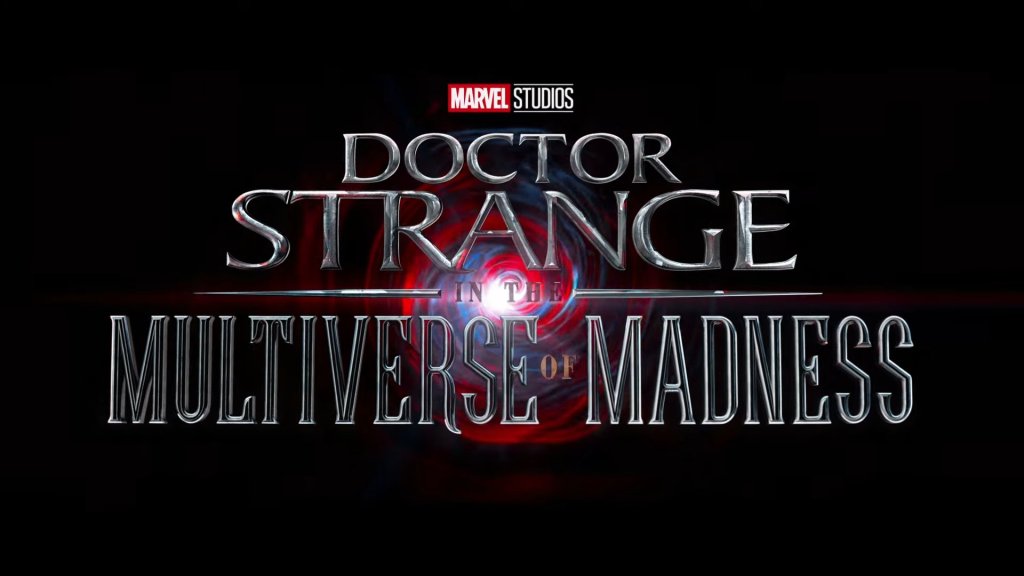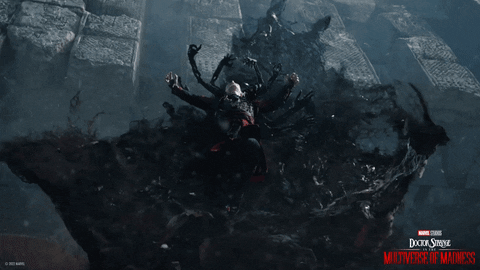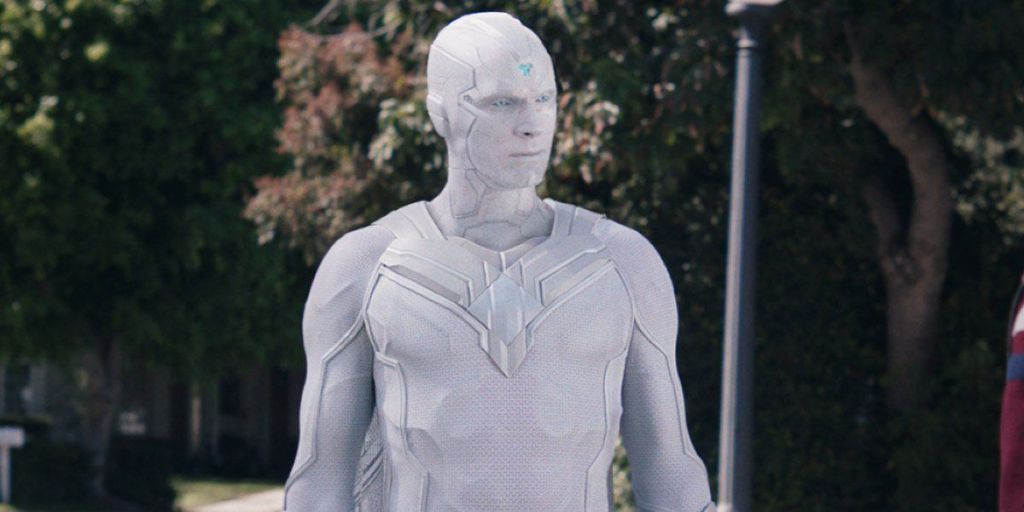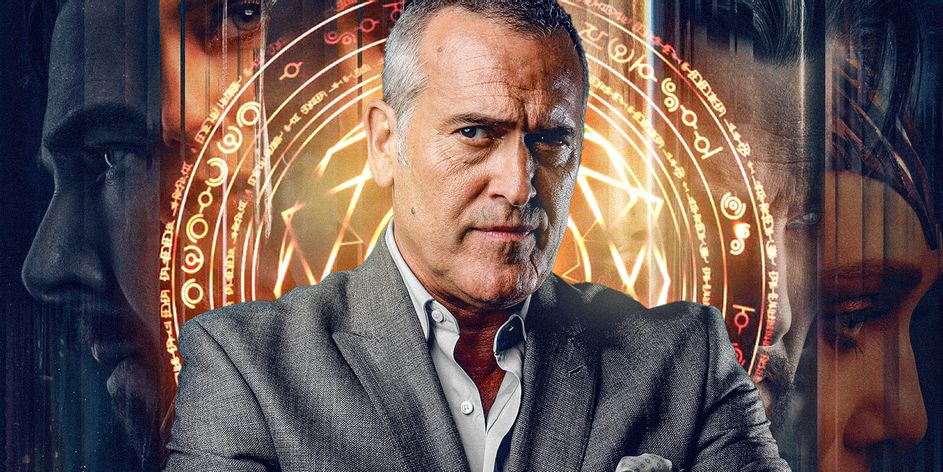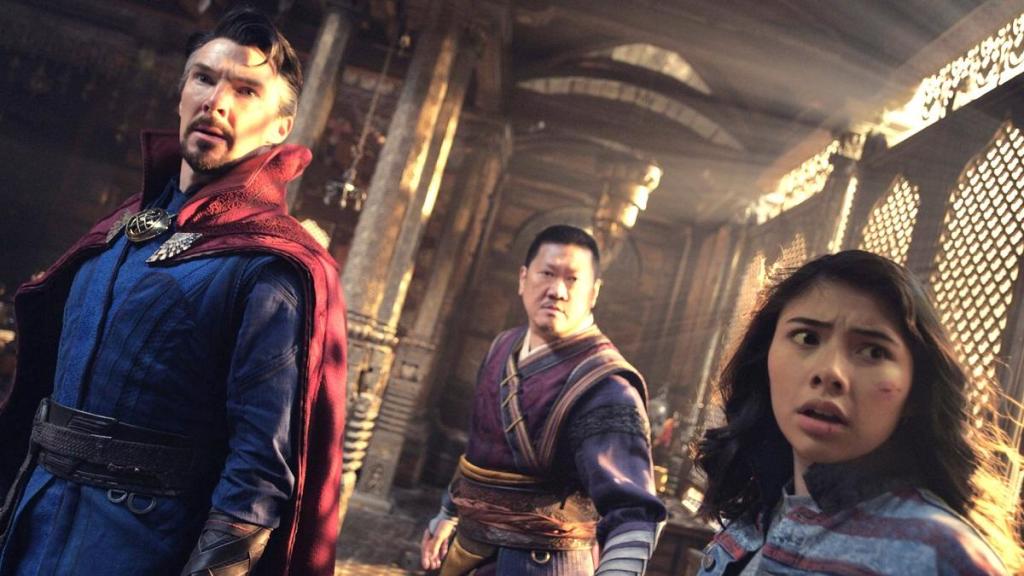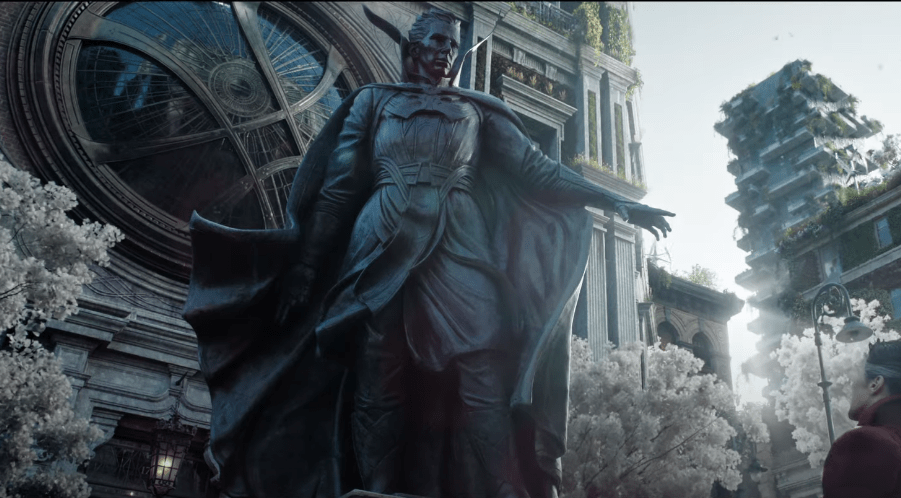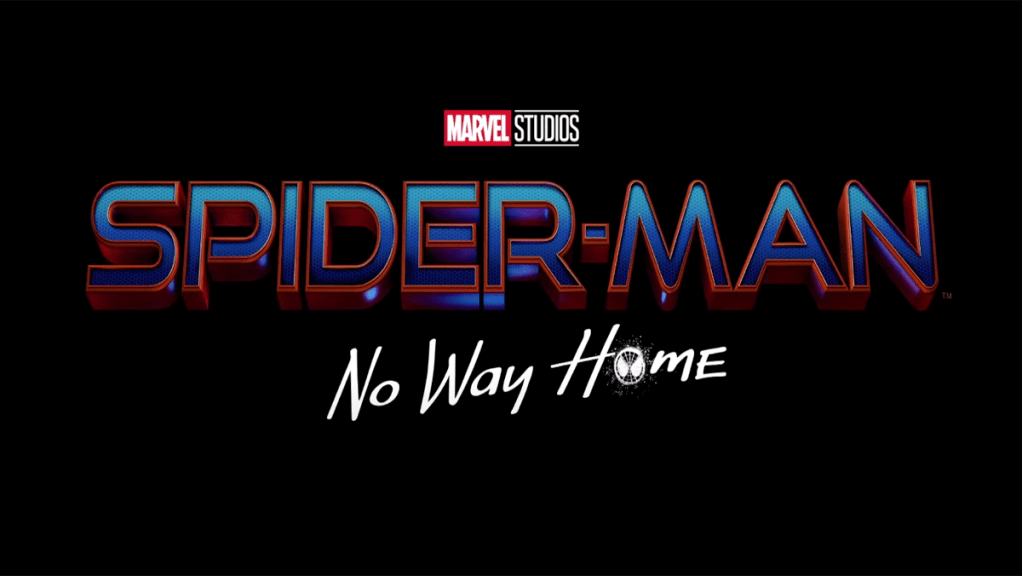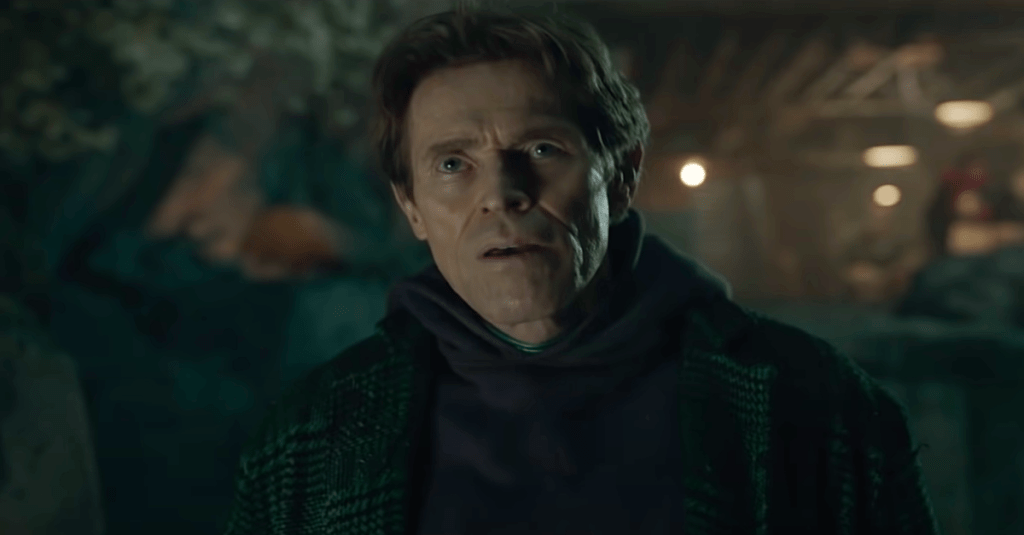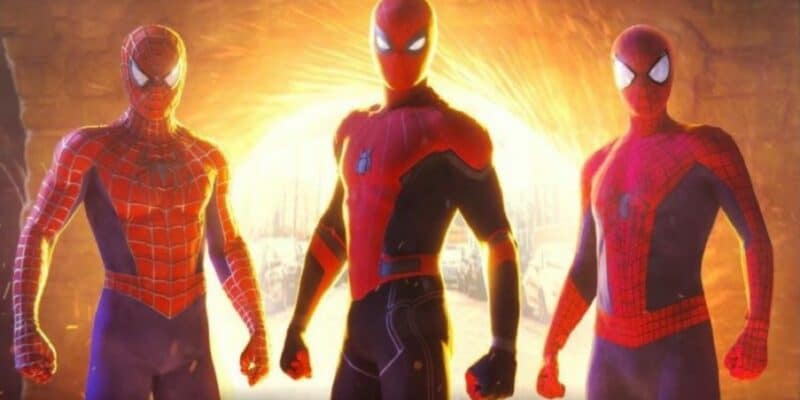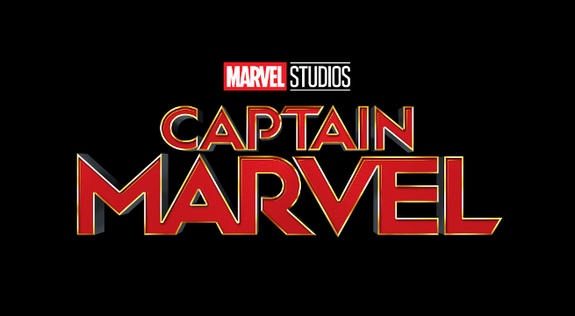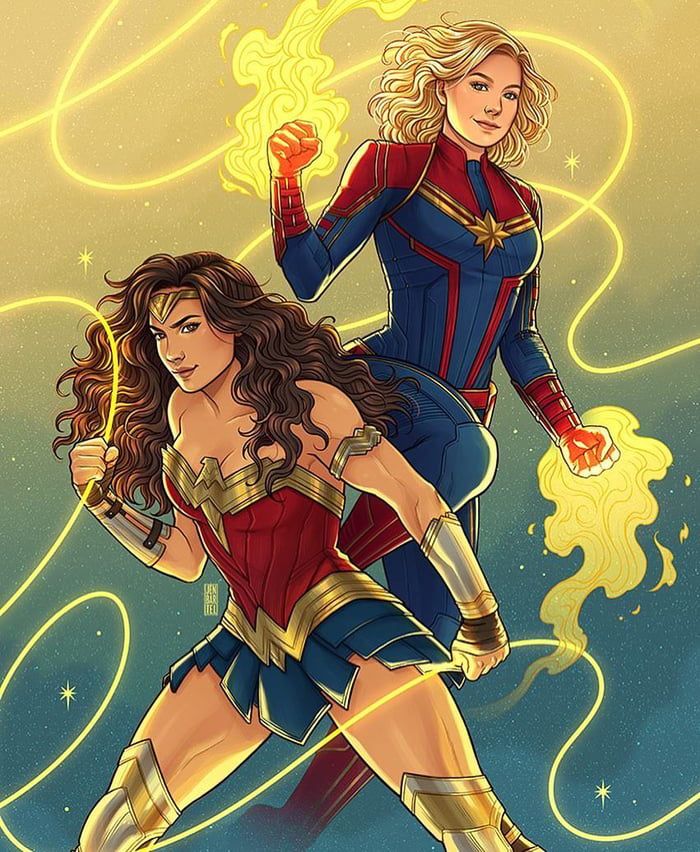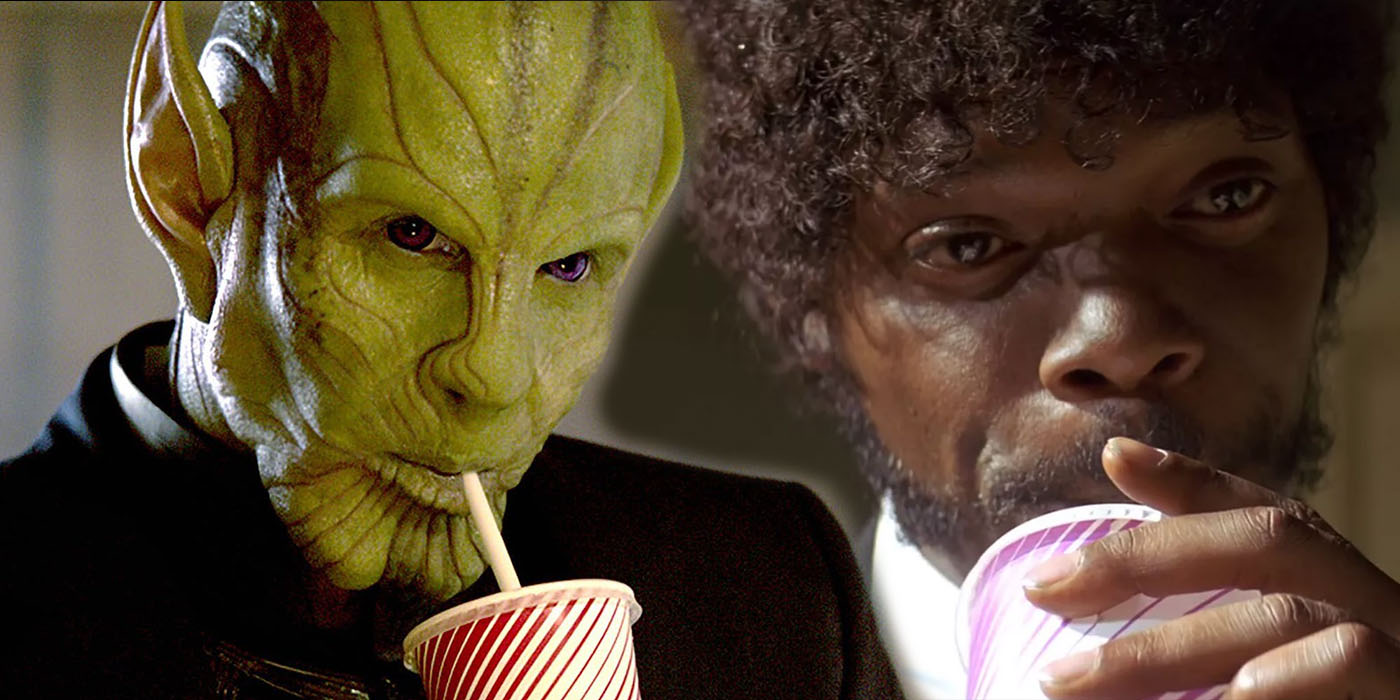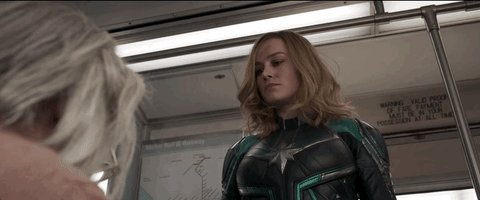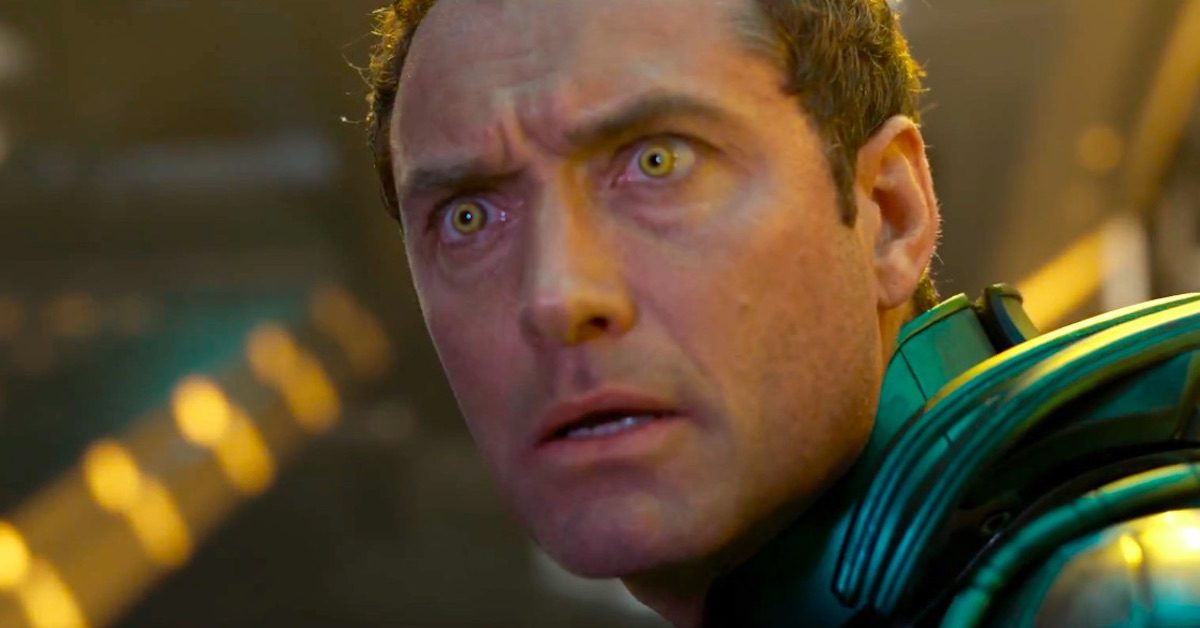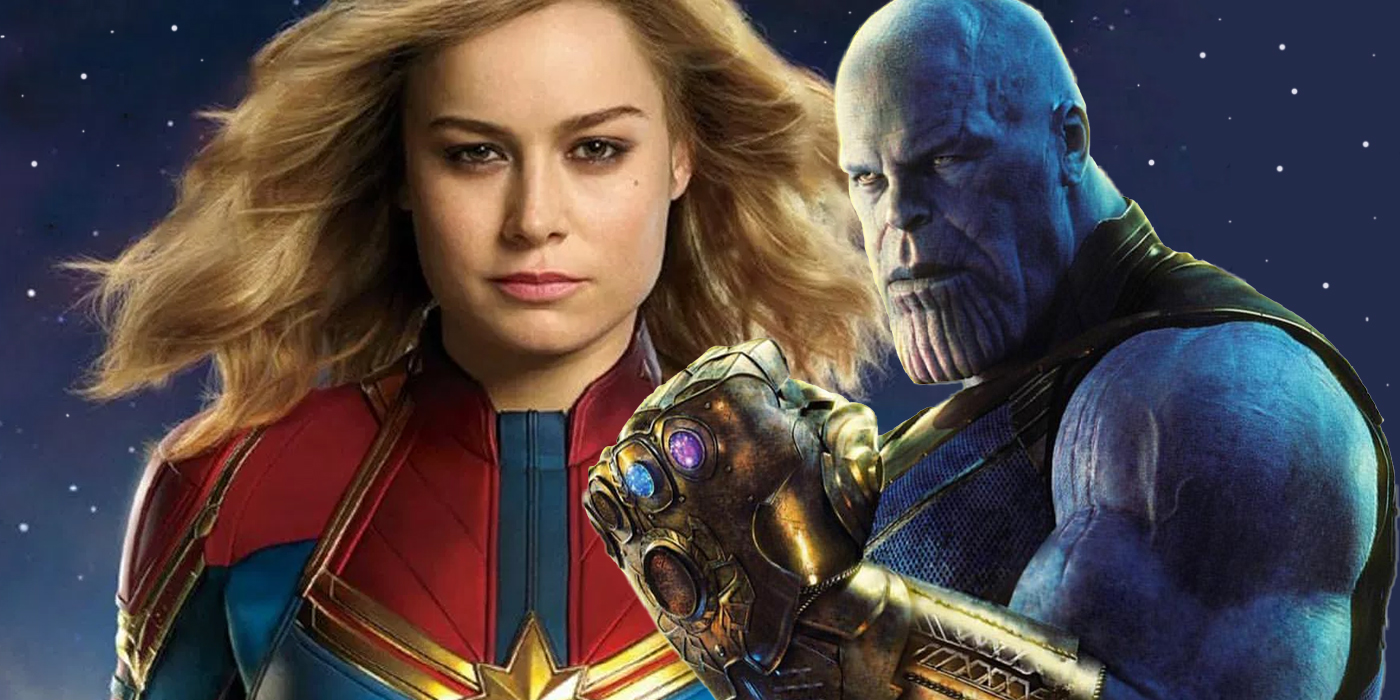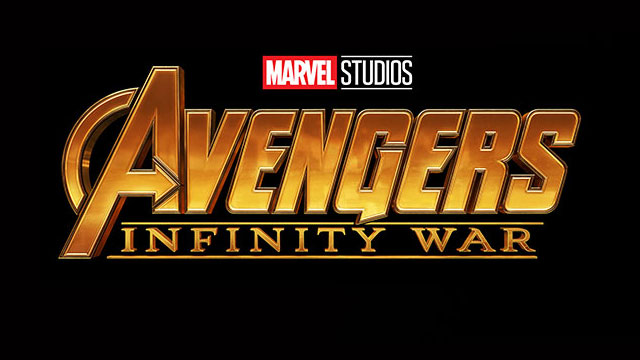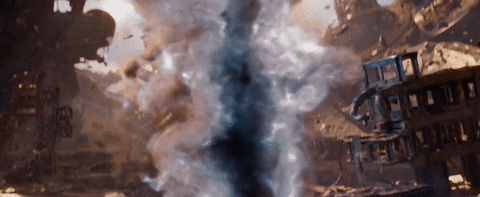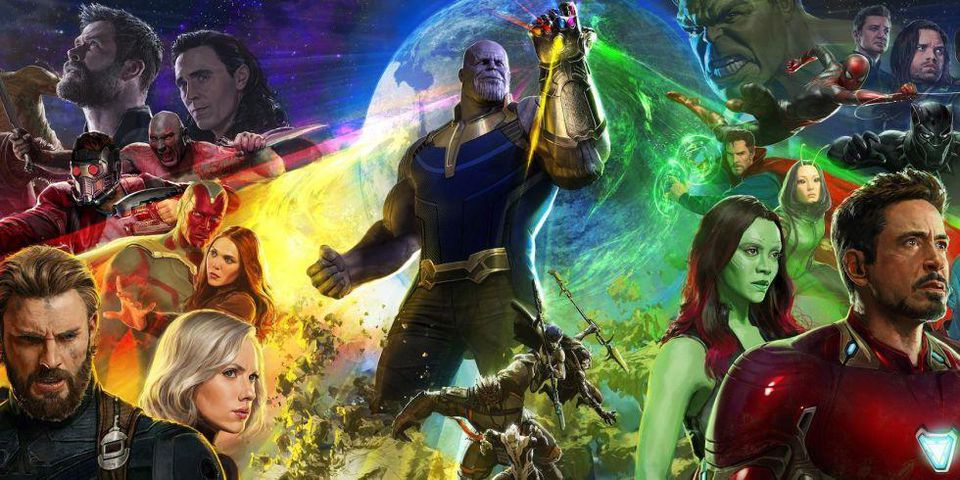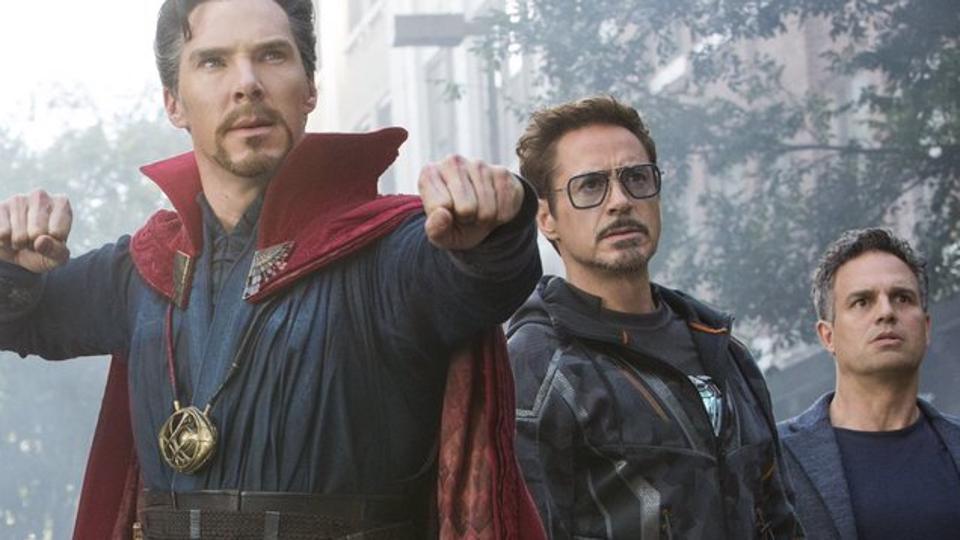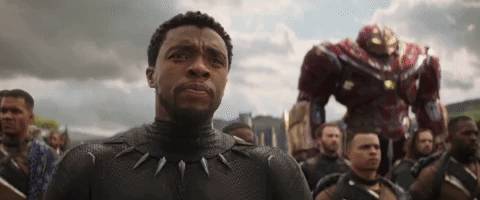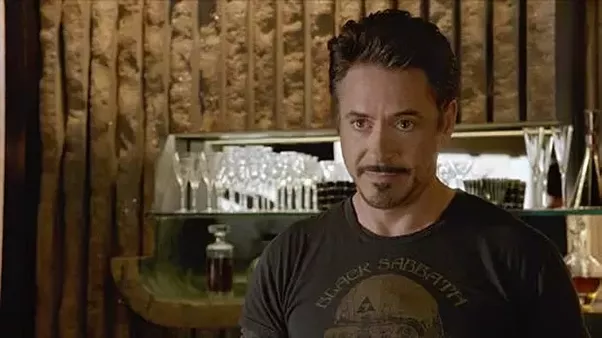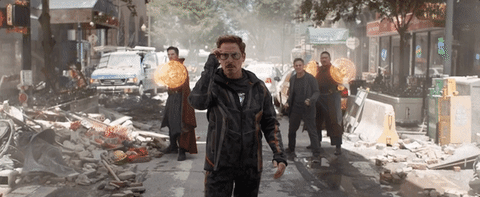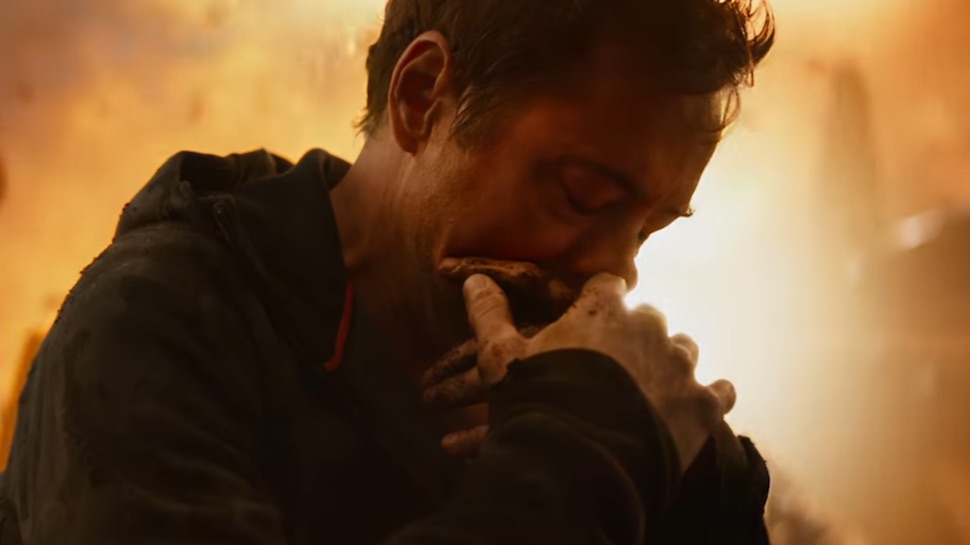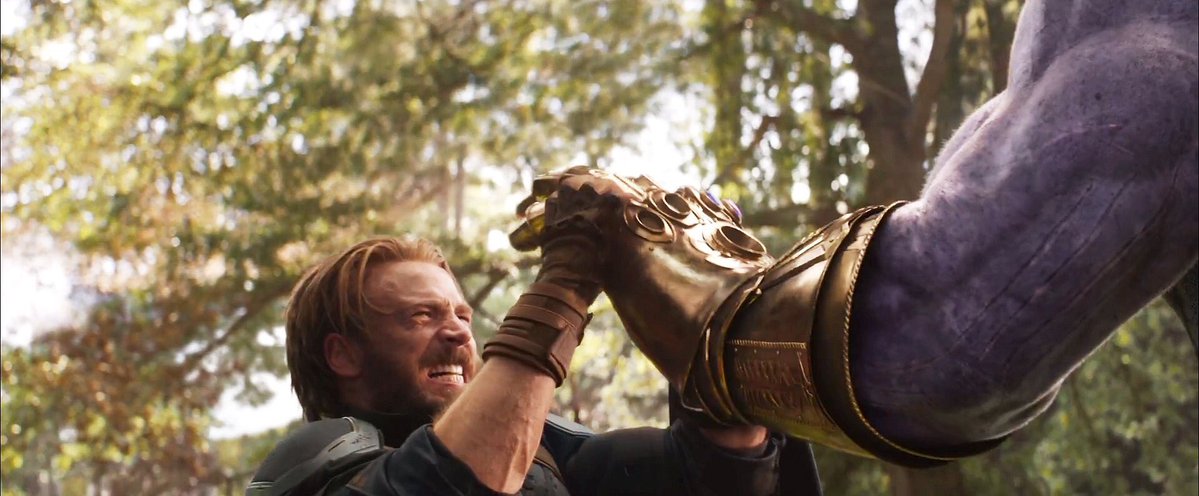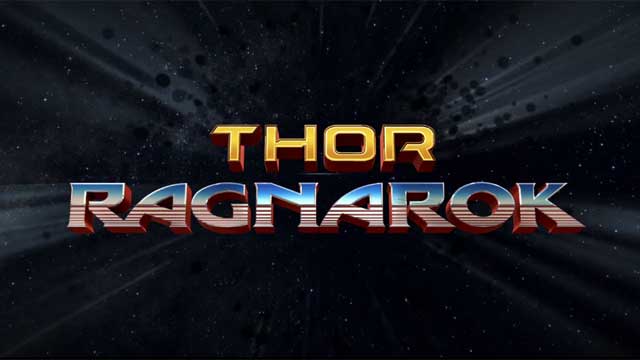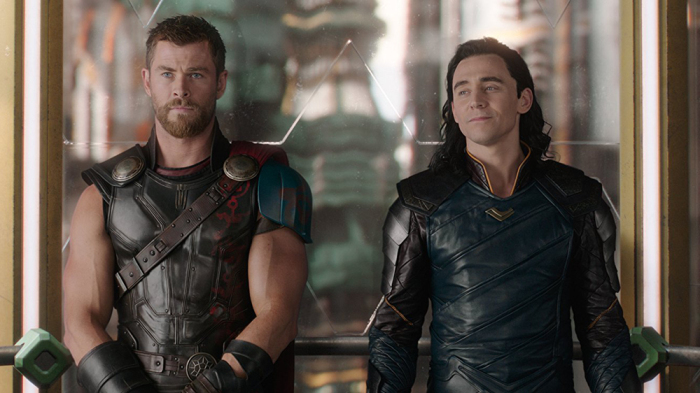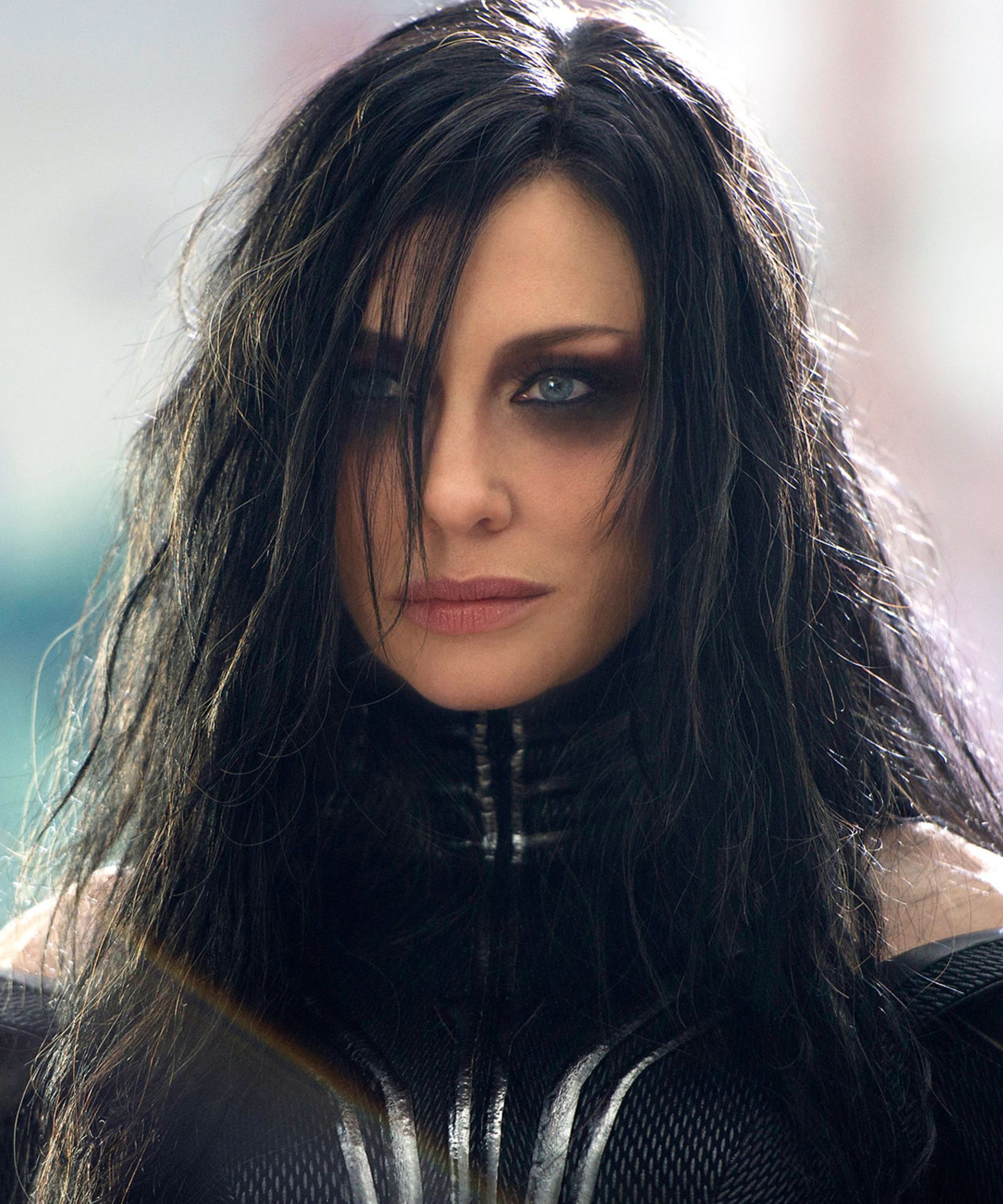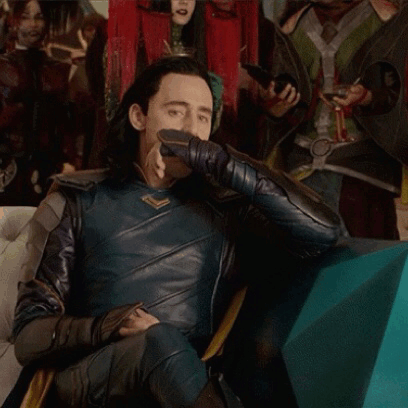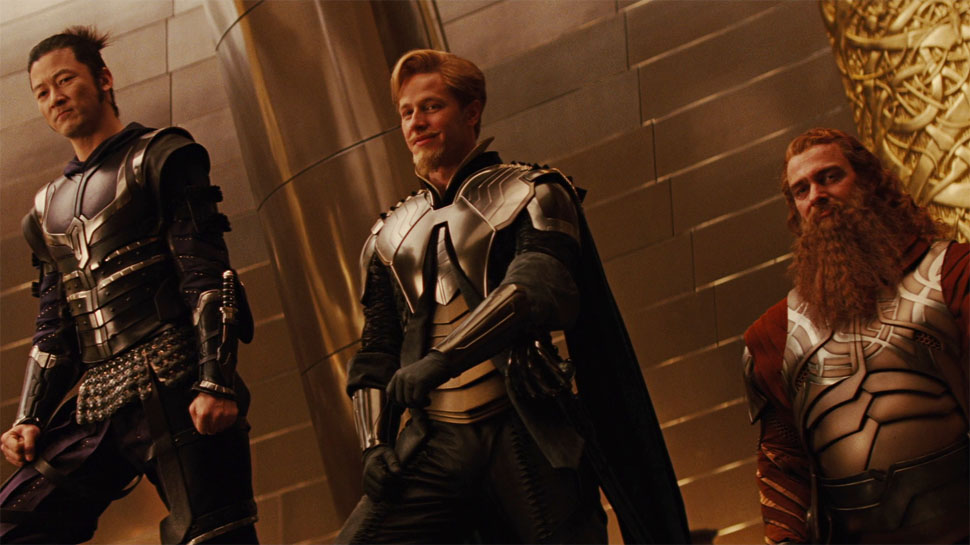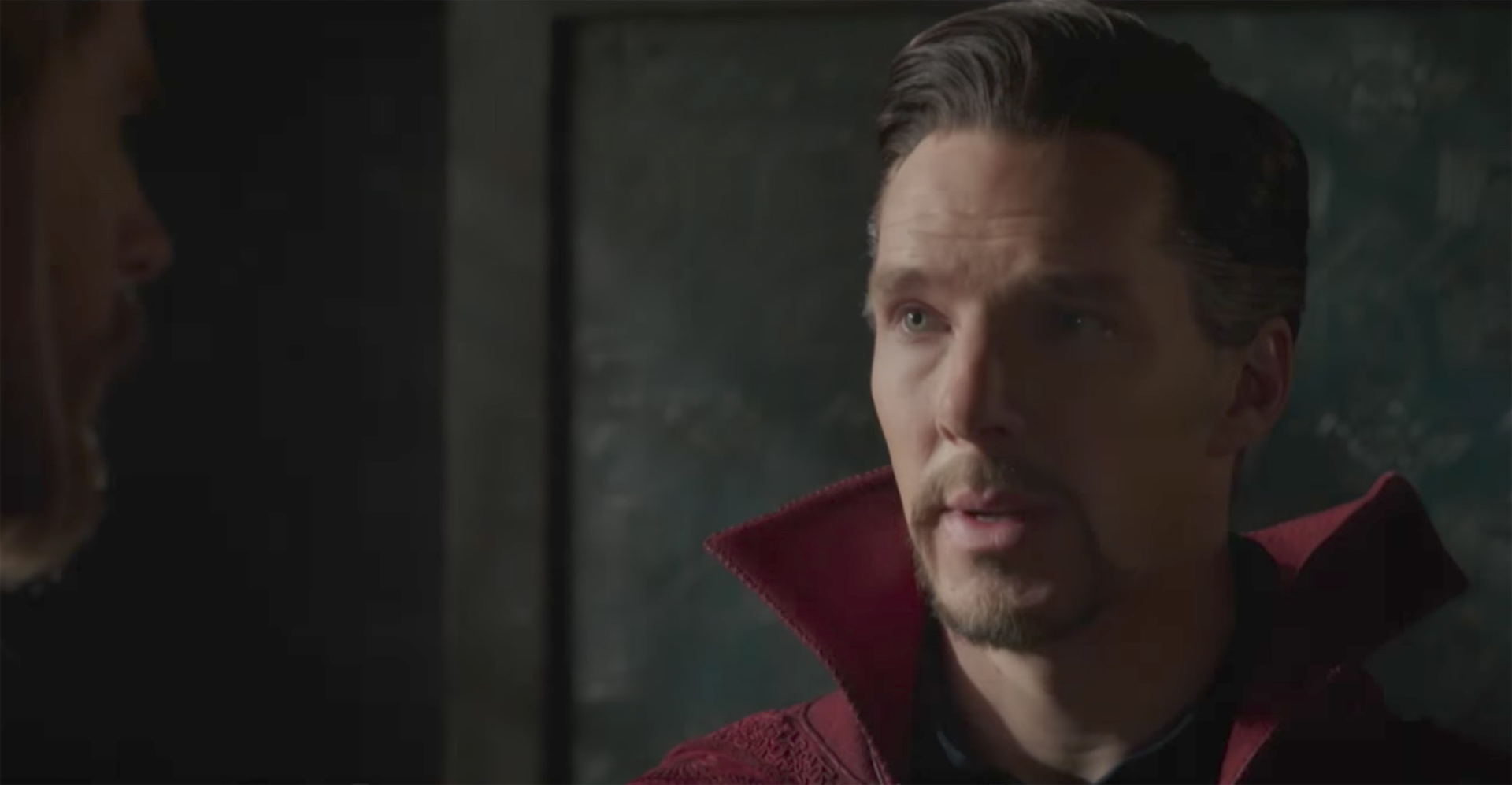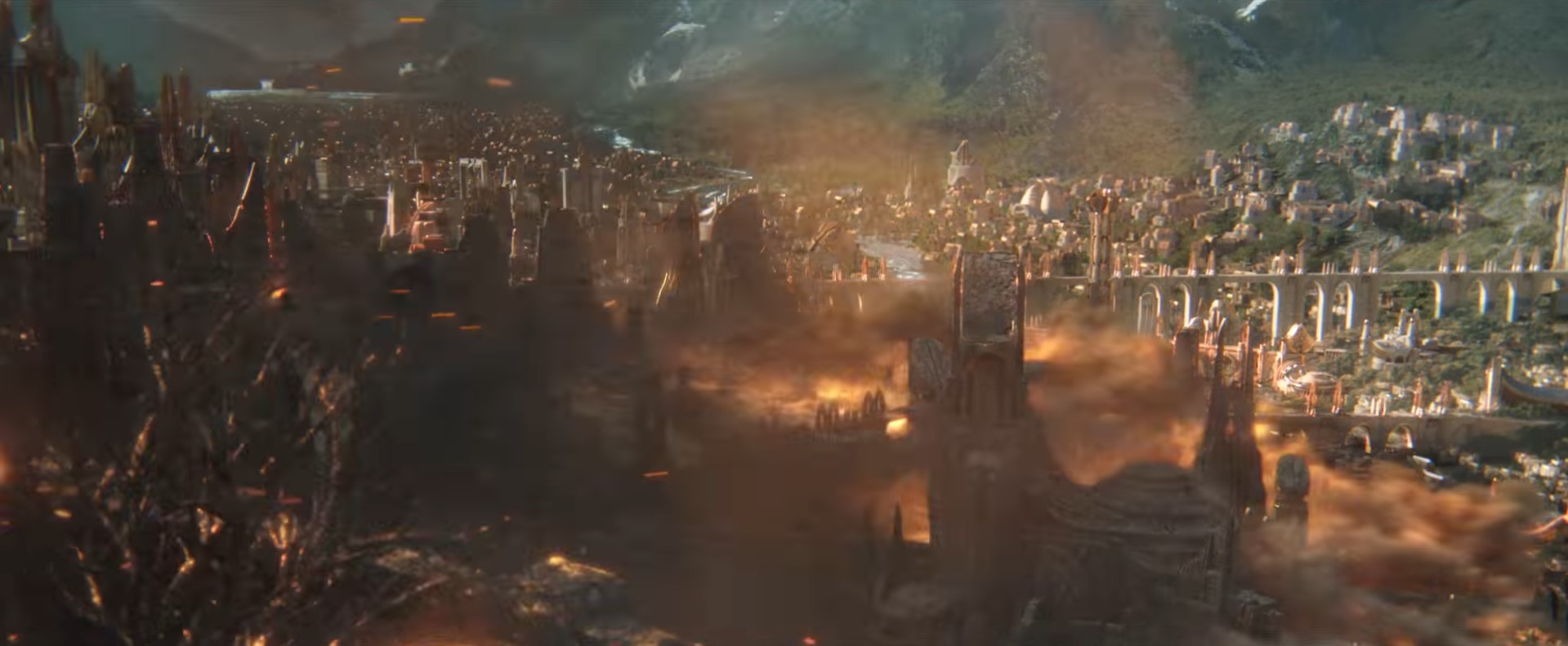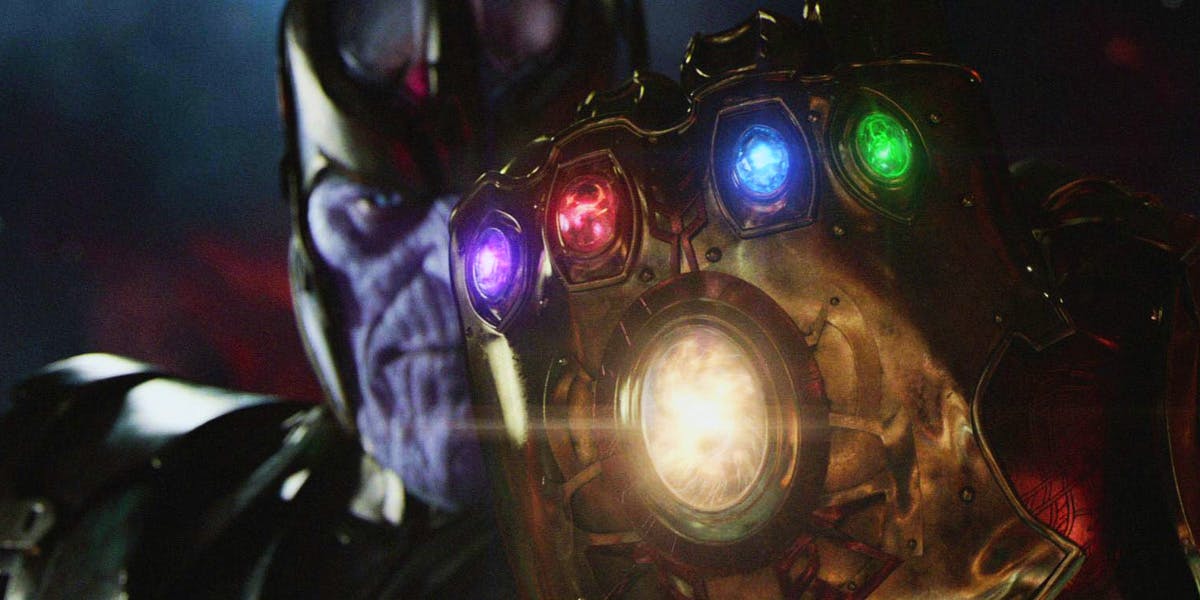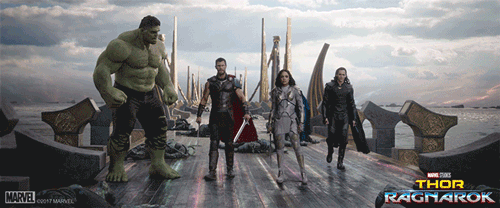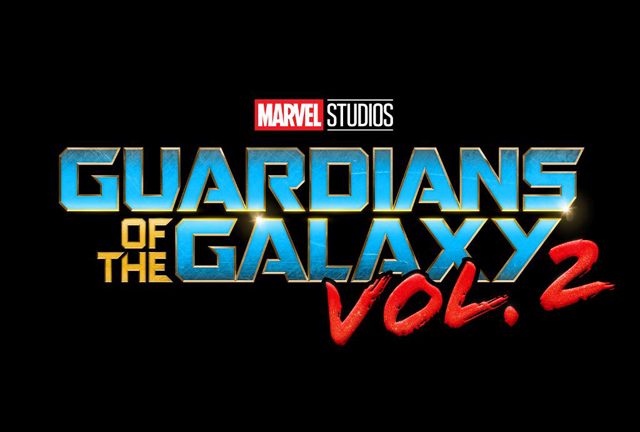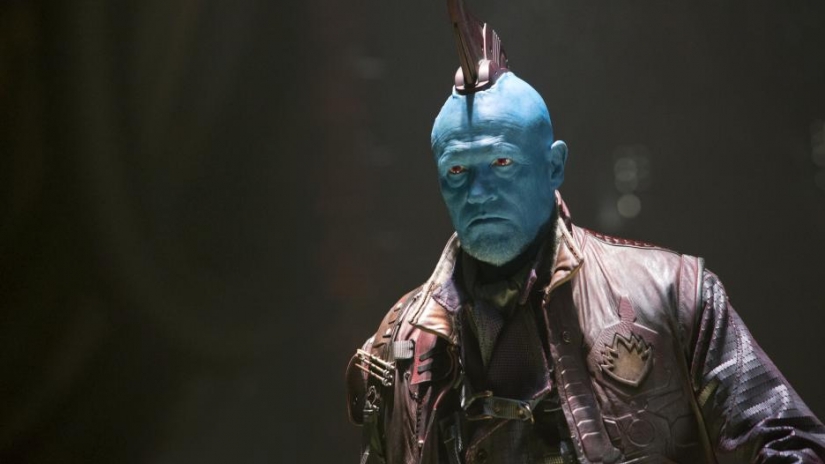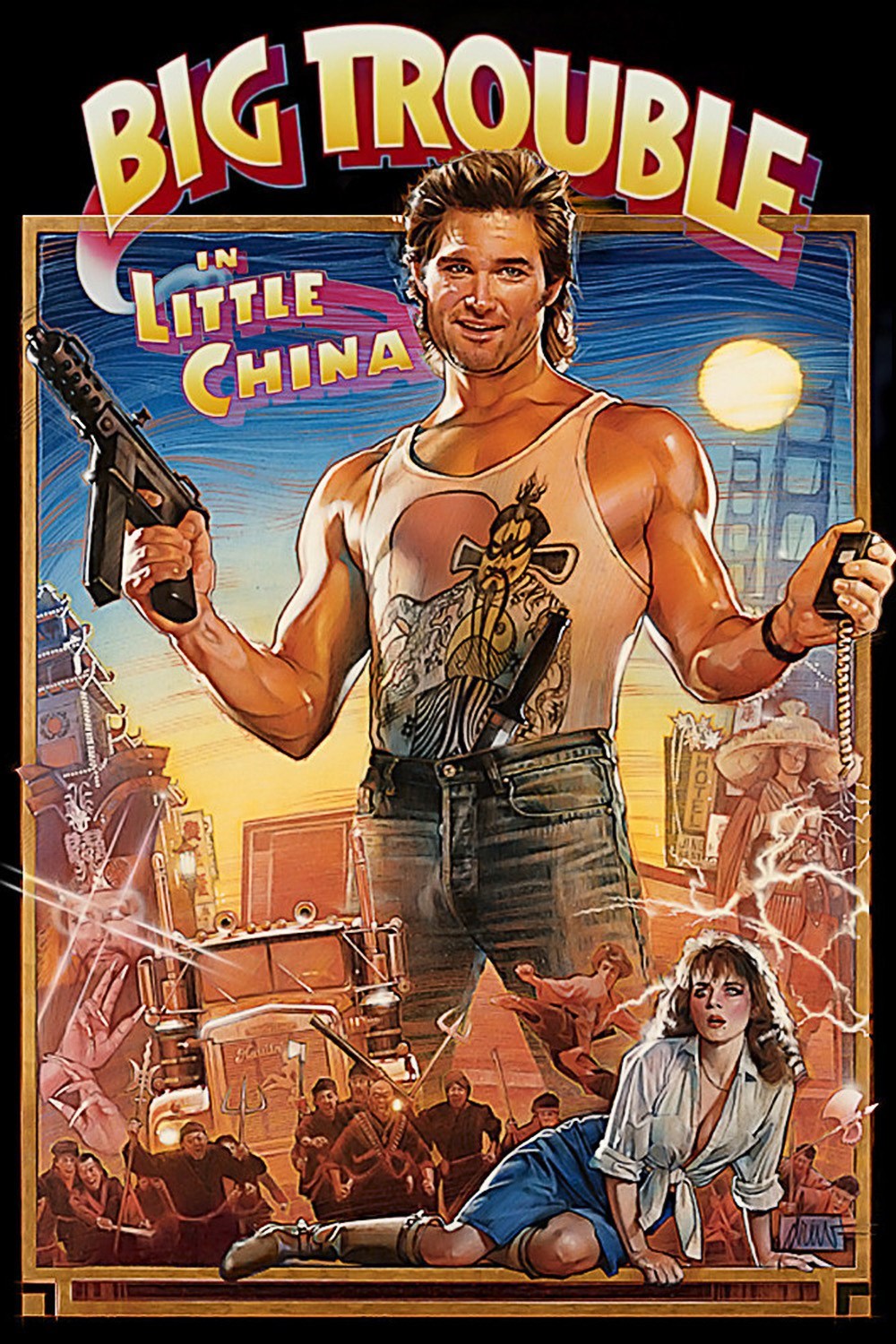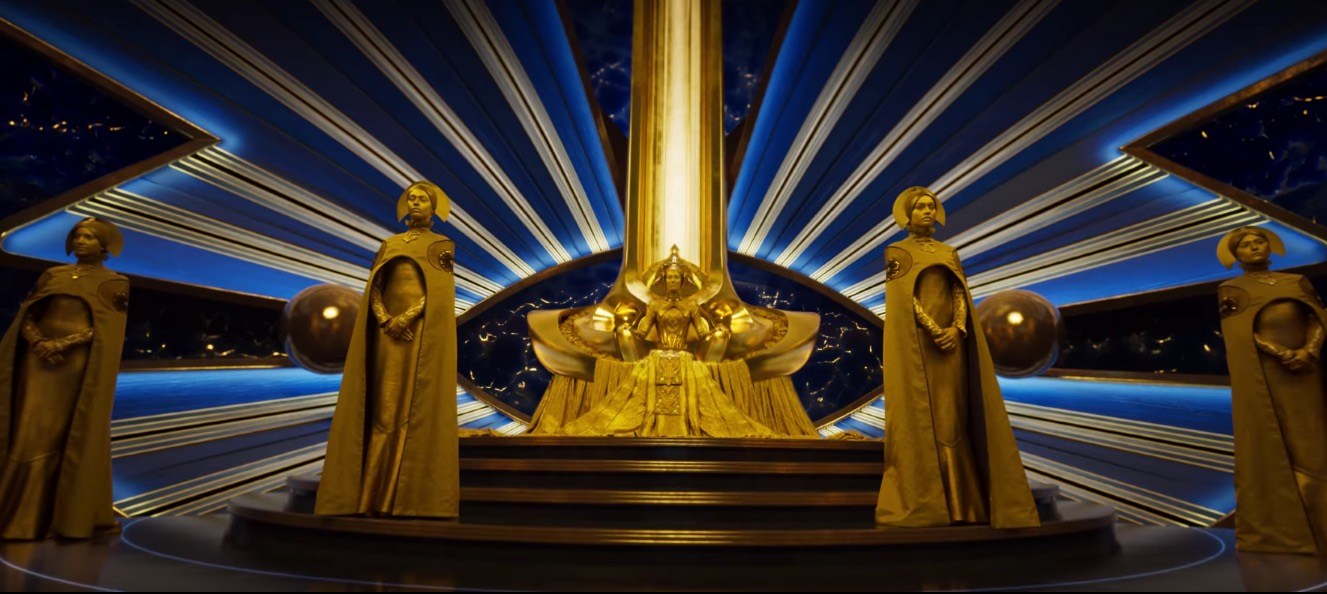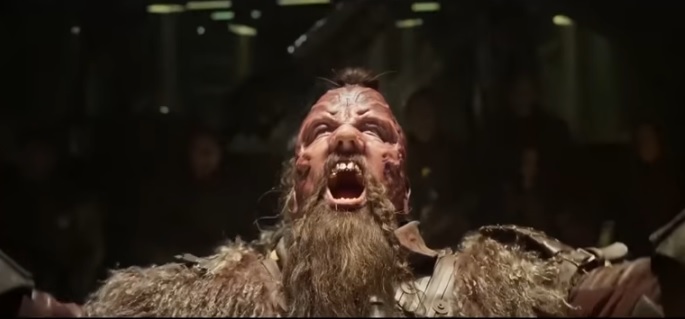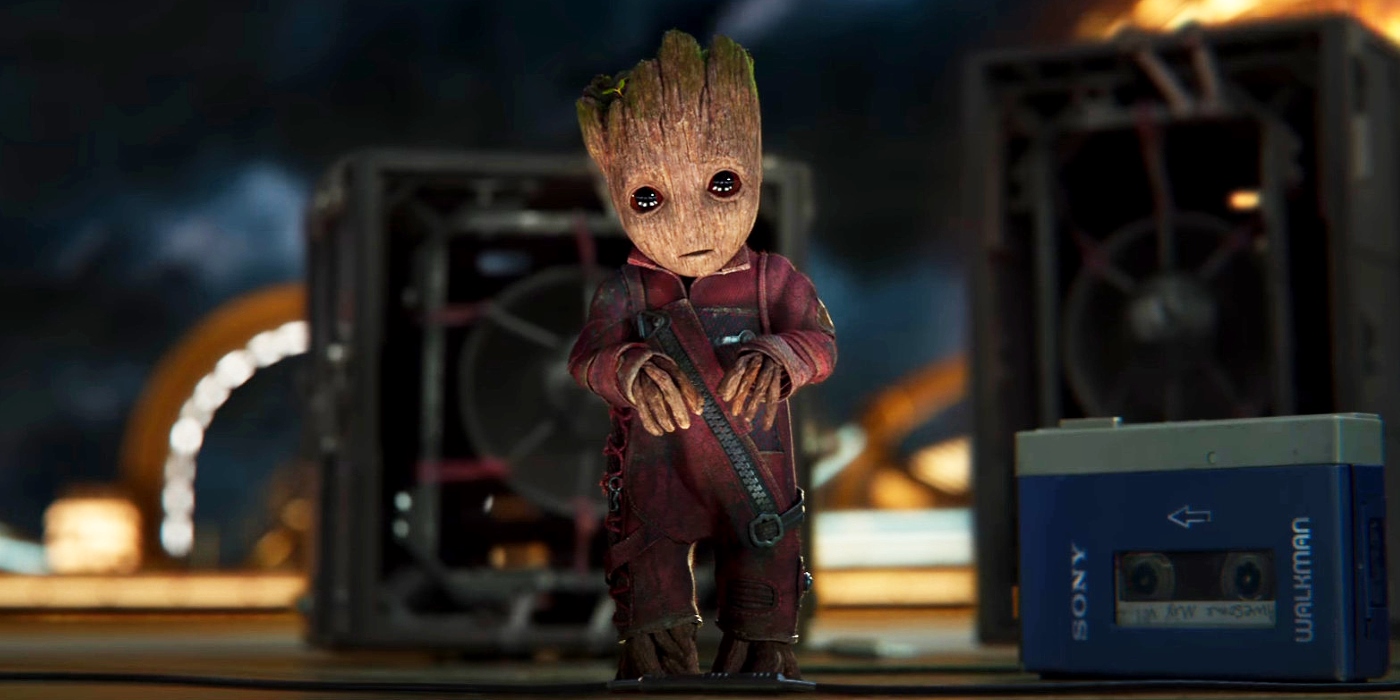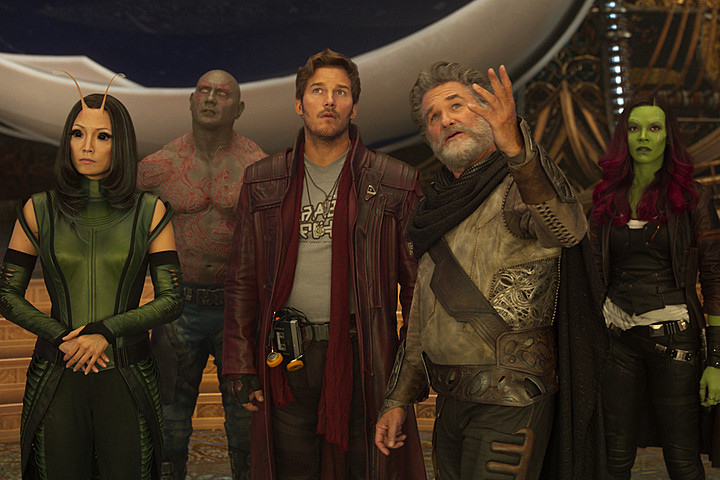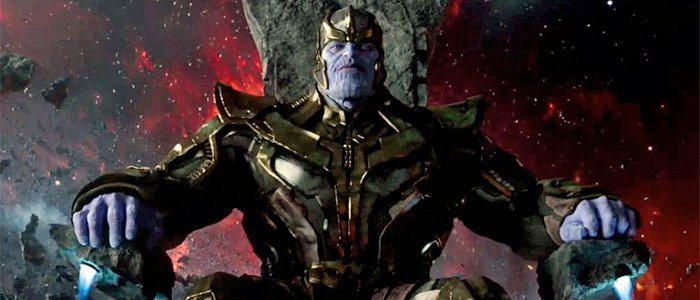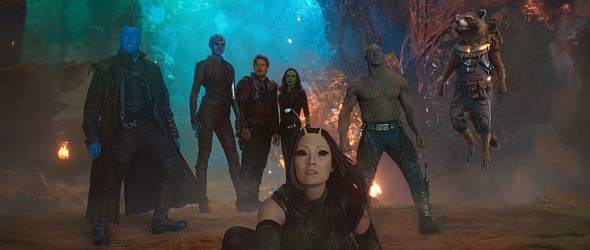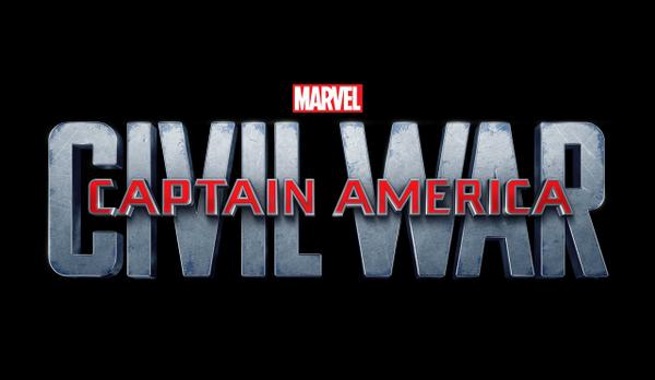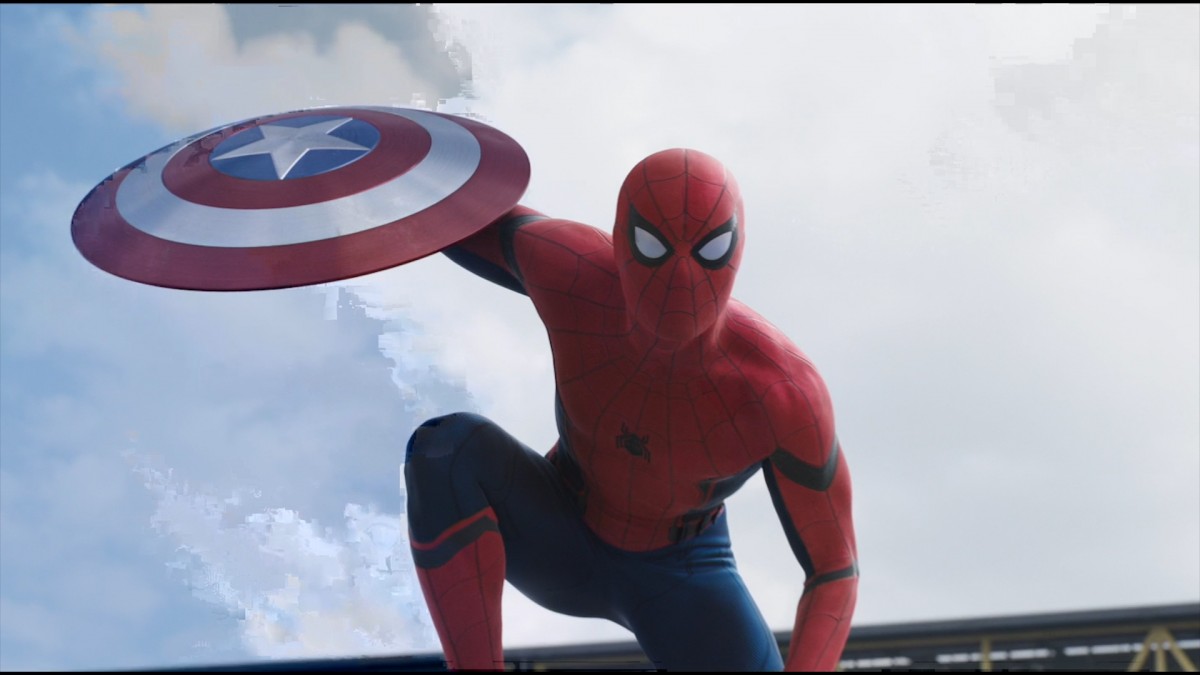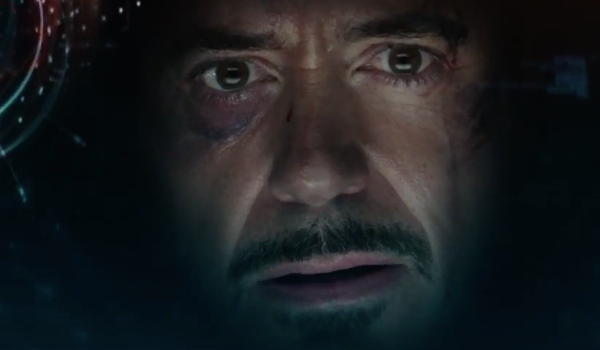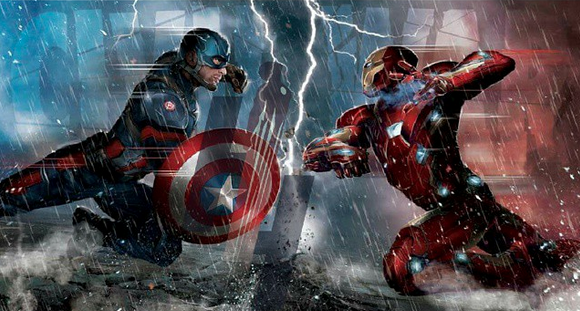My recent quarantine with Covid has been a springboard to catch up on several streaming shows that are within my wheelhouse, including (but not limited to) Obi-Wan Kenobi, Ms. Marvel, and Stranger Things 4. That much media in so short a time made certain things stand out to me in sharp relief, so I thought I would share them here. What follows will contain spoilers for the aforementioned shows, so consider yourself warned.
Also, I want to be clear that while I may be discussing some of the missteps of these shows, that doesn’t mean that I’m dunking on them, the actors, the crew, or anyone involved in the production. This is up to and including the writers. There are a lot of moving parts when it comes to productions of this size, a lot of compromises that have to be made for time and budget. My purpose here is not merely to point out some of the underlying flaws. No, I want the shows coming on the major streaming services to be better. Many of them are already watchable, but there’s always room for improvement.
As I’ve stated elsewhere on this blog, writing is cheap. Before the camera rolls or the digital artists jump in to work their magic, you have a script. Just words on a page. It surprises me sometimes what actually makes it through to the screen when a little bit of logic or a slightly different presentation could make a world of difference.
With that in mind, here are five ‘under the hood’ considerations writers should think about when constructing their narratives:
1.) Moving pieces around the board
Unless your entire story takes places in a single location, your characters have places to be. How long does it take them to get there? What challenges, if any, do they have to overcome to arrive at their destination? Even if all of this takes place off the screen or page, it’s worth thinking this through. This is especially important if there are other events occurring during this time that need to eventually synch up.
In science fiction, it might be as easy as hopping in a ship or stepping onto a transporter pad. Still, you should have an idea of how long the trip takes, as well as how events might have changed in the meantime.
For fantasy, where the fastest mode of travel available might be a sailing ship, you might consider how long the characters are at sea. That could affect the relationship they have with each other and give you space to further develop their interrelations.
Example: At the end of episode 5 of Obi-Wan Kenobi, Ex-Grand Inquisitor Reva is seen stabbed through the abdomen with a lightsaber, abandoned by her forces on a junk world, and left for dead. At the opening of episode 6, however, she’s on Tatooine, seemingly fully healed and back to normal.
We might give this a pass, assuming in our minds that several days have passed since her duel with Vader. If that were the case, there are still some things we don’t see and are never mentioned. How did she heal herself of what was (presumably) a mortal wound with no resources at the ready? Once she did that, where did she find a ship with the range to get her off planet? The time in hyperspace is shown later to take almost no time at all, so I’m not counting that.
However, the show undercuts this by continuing the transport chase with Obi-Wan, Leia, and the rest of the Path in space. Unless the transport has some serious shields, it shouldn’t be able to withstand the onslaught of an Imperial Star Destroyer for very long. So, this tells us that not much time at all has passed since Reva’s stabbing.
2.) What options are available to solve a problem? Why do they choose that one?
In just about any situation, the characters may have several options to deal with a given obstacle or problem. They could try to use brute force, employ misdirection, kitbash some solution on the spot MacGyver style, or any number of a million possibilities.

So, why do they go with the option that plays out in the narrative? This can be particularly tricky when you’re dealing with people who have military training, those who are trained to shrewdly assess a situation and come up with a solution that produces a specific end result.
This is not to say that all decisions your characters make will be done with calm, rational precision. Decisions are often made out of emotion, instinct, or conditioning. While the audience may not think to question why a character undertakes a certain course of action, these decisions are something that deserves the writer’s attention. The larger, more important the decision, the more the writer should weigh whether it makes sense in the context of what they’ve established.

Example: Let’s head back to Obi-Wan Kenobi, episode 6. He’s on a ship with a busted hyperdrive and likely doesn’t have the time to make repairs before the ship is destroyed (although that point gets a bit muddled along the way). He does, however, have access to a pretty decent-sized shuttle that does have a functional hyperdrive. The shuttle looked big enough to hold a large percentage of the Path, at least enough to significantly reduce the number of people in harm’s way.
Instead of employing the shuttle to evacuate the kids and a good chunk of the people, Obi-Wan takes it to use as a diversion. It would have made more sense in that situation if Obi-Wan’s shuttle did not have a hyperdrive on it at all, so Obi-Wan takes Vader’s Lambda-class shuttle after their duel, which we know from Return of the Jedi has a hyperdrive.
3.) Why do they need to act right now? What is their time scale?
Have you ever been frustrated that a character spends no time developing a skill and is suddenly an expert with no explanation, not even the tried-and-true ’80s montage? Or, has a love story not quite worked because the characters have barely had time to know each other? Chances are that the scale of time wasn’t enough to make the payoff feel earned or plausible.
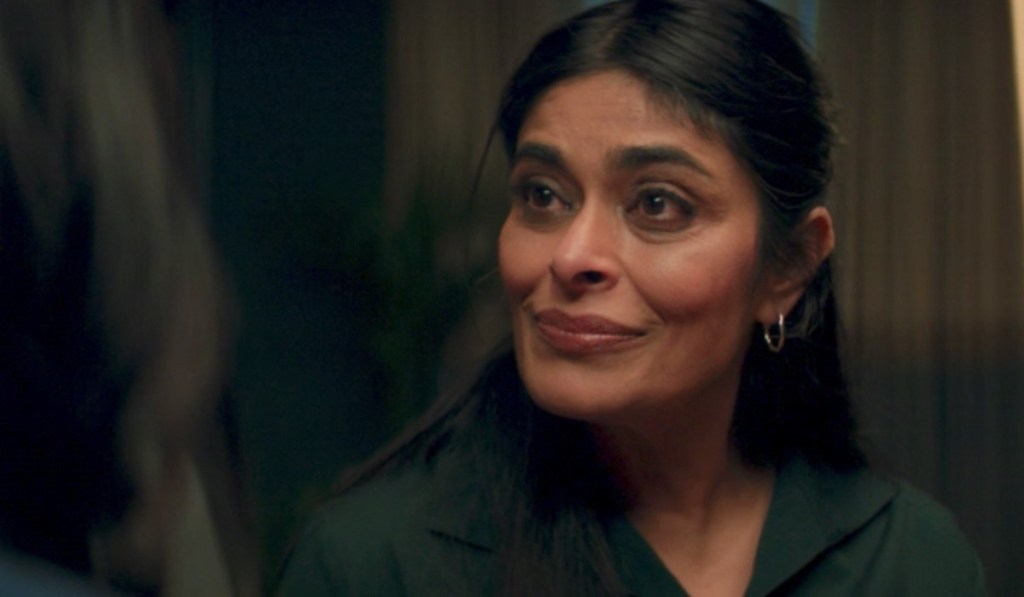
The same goes for a villain who needs to act right now for some reason. What is the time scale they are working off of? Perhaps there’s some convergence of events or a limited window of opportunity that won’t come again anytime soon, or ever. Why doesn’t the villain just walk away, learn from their mistakes, and try again in five years?
Time is a factor in the travel that I mentioned above, but this aspect is less about the amount of time that passes for the characters and more what they do, or don’t do, with it.

Example: In episode 3 of Ms. Marvel, Kamala Khan meets her Jinn extended family, the Clandestines. Their initial meeting is cordial and welcoming, and goes a long way towards explaining part of Kamala’s mysterious background. At that point, I thought the stage was set for Kamala to be buddies with them initially, then slowly start to realize that the Clandestines’ goals maybe weren’t as noble as they seemed at first.
Later in the same episode, however, Najma decides that Kamala has to help her achieve her goal of opening the portal to her home plane that night, during Kamala’s brother’s wedding. Besides the abrupt tonal shift of ‘you’re one of us’ to ‘we’ll kill you and your entire family if you don’t comply,’ there is zero explanation of why Najma couldn’t wait until the next day. Or next week, or next month.
All the Jinn appear to be long-lived, and they had been waiting around since at least Partition in 1947. So, what’s with the sudden urgency? Clearly, they could wait because Najma and her group are all arrested at the end of episode and don’t catch up to Kamala again until they’re all in Pakistan, presumably several days to a week later.
4.) What knowledge do the characters have to act on? How do they know that?
Let’s say your characters are faced with a difficult decision. They don’t have time to debate it in committee. They need decisive action, and they need it now. What do they do? Perhaps more importantly, what do they know to do? What is the situation as they understand it in that moment? That will entirely shape the decision that they make.
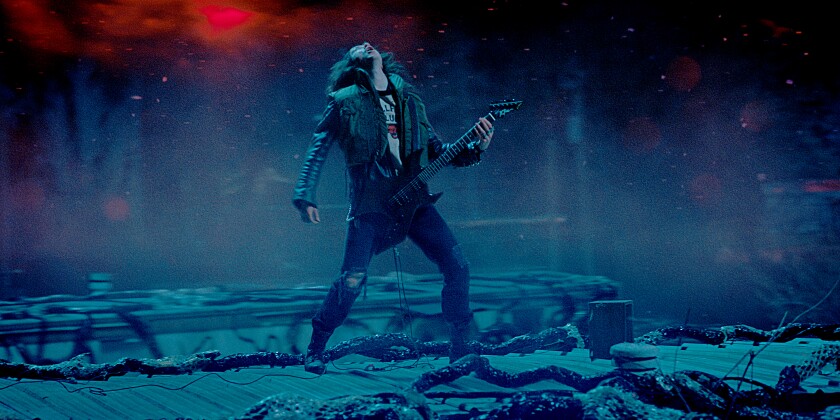
This is especially important if you have several groups working in concert towards a larger goal, and something changes suddenly. There has to be some believable way for the characters at the point of contact to understand the broader scope of what is going on. With literary devices like telepathy, you can easily have one character reach out to another one, such as Luke contacting Leia as he hung from the bottom of Cloud City. But, Leia wouldn’t have known to do that otherwise.
Bottom line, unless there’s magic in your story, and it’s able to inform all parties involved, the characters shouldn’t magically know the right thing to do; they need to have some way of arriving at the correct decision that makes sense.
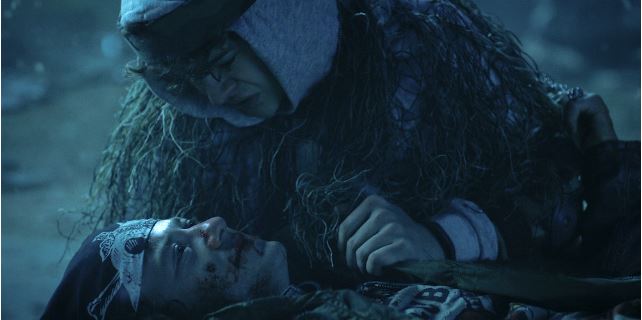
Example: In Stranger Things 4, we get perhaps my favorite scene in the entire series: Eddie Munson on top of his trailer in the Upside-Down shredding out Metallica’s Master of Puppets. The scene is made even better with the knowledge that the actor playing Eddie, Joseph Quinn, was actually playing the guitar in that scene. Ultimately, Eddie sacrifices his life to keep the demobats distracted, to buy his friends more time. It is a great character moment, as well as a heartbreaking death scene between Eddie and Dustin.
There’s just one issue: Eddie had no knowledge of what was going on with Steve, Robin, and Nancy in the Creel House (who were all busy being strung up by tentacles at the time). Eddie is absolutely correct in his assessment that his friends need more time, but how did he arrive at that conclusion? Why would he have thought they needed more time? There’s nothing in that moment to tell him to stall for time, certainly at the cost of his own life. For a group that makes a point of showing that they have walkie-talkies to keep in contact, they don’t use them.
5.) What are the consequences of their actions?
This is a biggie for me, mainly because negative consequences so rarely seem to come back to haunt main characters. Obviously, you want to grant your characters as much agency as you can, so they need to make meaningful decisions. The result of these decisions should be a big part of the story you’re telling, and there should be repercussions. Without them, it can start to feel like nothing the characters do really matters.
Consequences don’t always have to be negative, however. Most of the time your characters are standing in triumph at the end of the story because of their actions. In fact, I have a special place in my heart for stories that show us how the heroes’ actions tangibly improve the lives of the people around them.
Besides a sense of stakes and tension, knowing the consequences of the characters’ actions is a great way to map out what happens in future stories or later in the one you’re writing. So, you’re not doing yourself a favor by ignoring them. Your story will feel more real and engaging if your characters don’t always get off the hook. Even if they’ve done the right thing, sometimes no good deed goes unpunished.
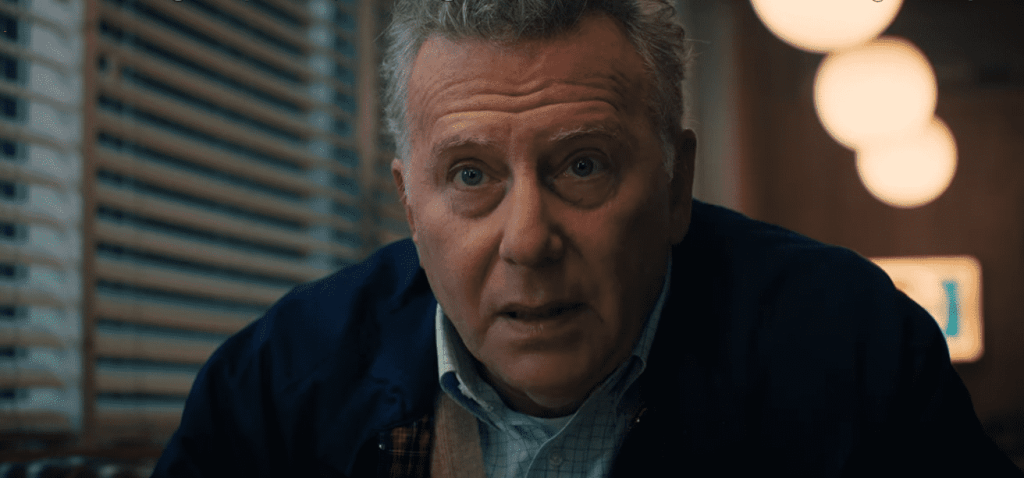
Example: In Stranger Things 4, Eleven loses it on her school rival, Angela. Eleven viciously attacks her bully with one of her roller-skates. This results in Angela being hurt badly and bleeding. Two police officers show up at her house the next day to take her into custody, pending assault charges.
When Dr. Owens, played by Paul Reiser, recruits Eleven in the diner, she asks about the incident. Owens hand-waves that and says that he will make that all go away. He certainly does. It’s never mentioned again. Unless it’s referenced in Season 5, which I seriously doubt, it’s a complete non-issue to the story.
Okay, that’s five. I don’t often write about writing itself, but I thought this was worth exploring. Do you have any narrative tropes, non-sequiturs, or leaps of logic that stick out like a sore thumb to you when you’re reading or watching movies and/or TV? If so, share them below in the comments.
Thanks for reading!
